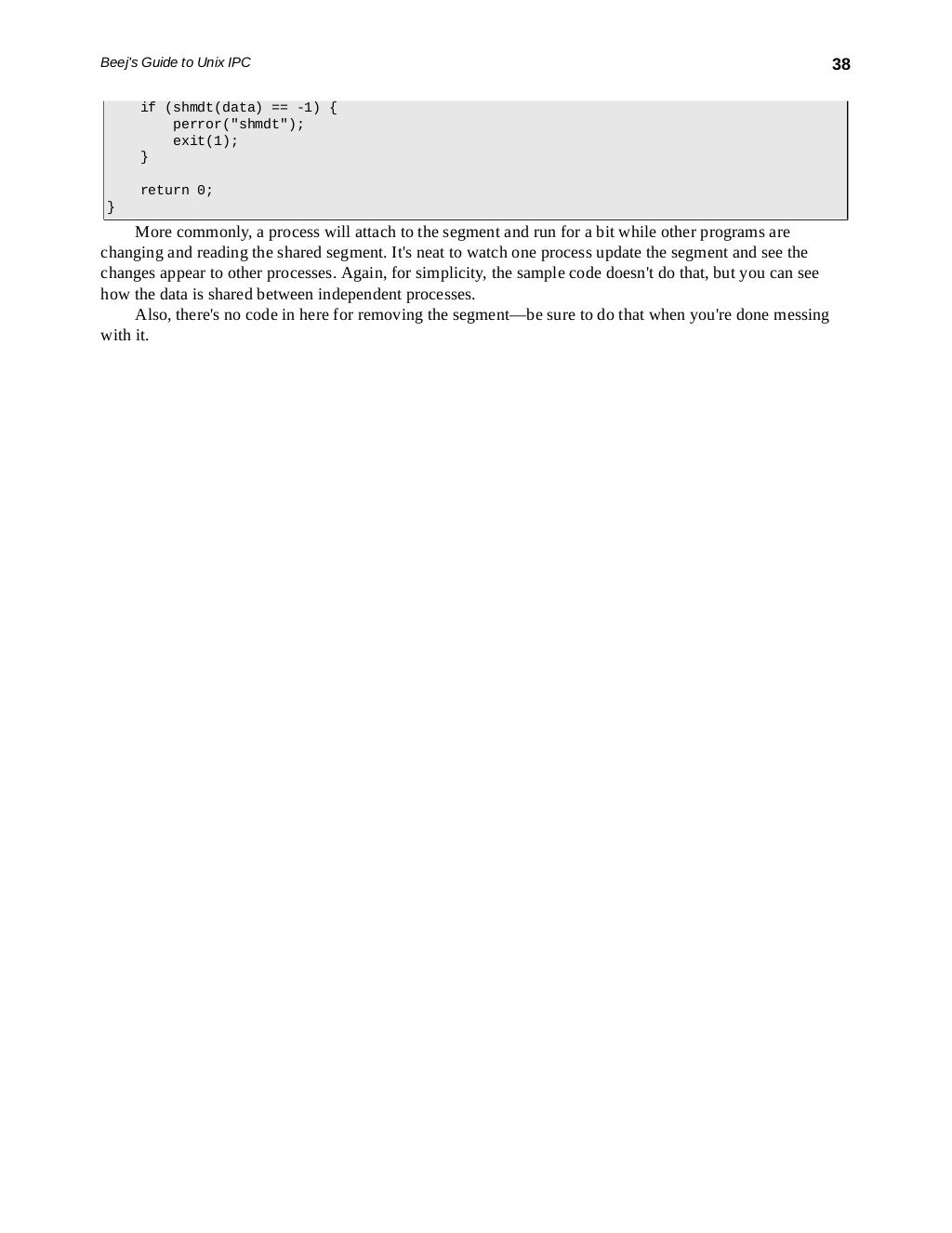

provisioning greater compatibility with other Unix variants and Open Standards Unix. In kernel 2.6.18 from September 2006 (the default kernel for RHEL5), kernel/itimer.c contains code to sanitize arguments to setitimer(), and will print out.
Itimer c unix how to#
linux/5.18.16-1~bpo11+1/kernel/time/itimer.c How to Write Advanced Signal Handlers in UNIX.A signal is a notification of an event, sent asynchronously. linux/4.9.18-1~bpo8+1/kernel/time/itimer.c Timer Facilities describes POSIX and IRIX methods of defining timestamps and intervals.Using setitimer multiple times overwrites the previous value, see man setitimer. linux/3.16.7-ckt25-2~bpo70+1/kernel/time/itimer.c No, you only have one ITIMERREAL timer per process.
• linux/3.16.7-ckt4-3/kernel/time/itimer.c simple way to create a timer in c is to use sleep (timeinseconds) you can also find few more code snippets for time conversations in various languages here ( if you need control on the timer and need to do customized task based on time, you can use clock () in 'include
now + 1 minute + 1 day + 1 month Unix clock.

The which argument indicates what kind of time is being controlled. package info (click to toggle) linux 3.16.39-1. Convert a Unix timestamp to a readable date, or the other way around, by changing the value in one of the input boxes above. An interval timer is a timer which sends a signal after each repetition (interval) of time.
Itimer c unix full#
Will not be killed after 1 second, but instead wait for the full 5 seconds timeout passed to hWaitForInput. import Control.Concurrent import System.IO import System.Timeout main = timeout (1 * 1000000) $ hWaitForInput stdin (5 * 1000)


 0 kommentar(er)
0 kommentar(er)
